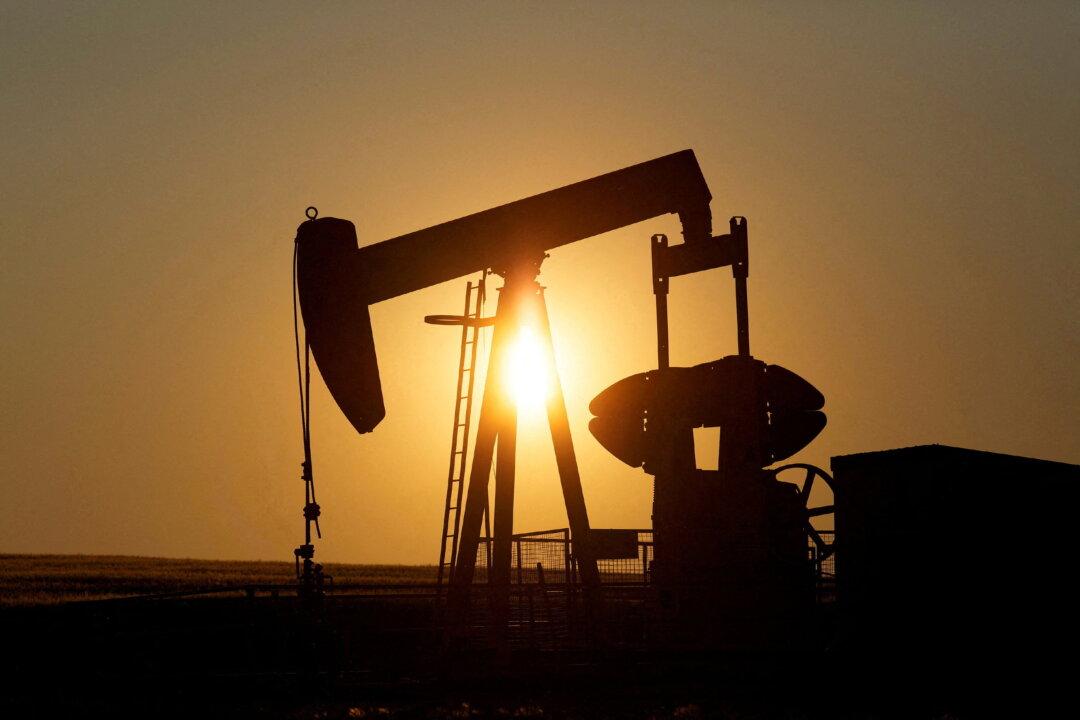The Group of Seven’s (G-7) plan to install a price cap on Russian crude oil isn’t a “panacea” for international energy markets and may worsen conditions, according to experts.
G-7 finance ministers recently agreed to institute a price cap on Russian oil in an effort to cripple the country’s revenues that are helping finance its war in Ukraine. Leaders from the United States, Canada, France, Germany, the UK, Italy, and Japan believe this will achieve two objectives: negatively affect Russia and keep crude flows intact to prevent massive price surges.





